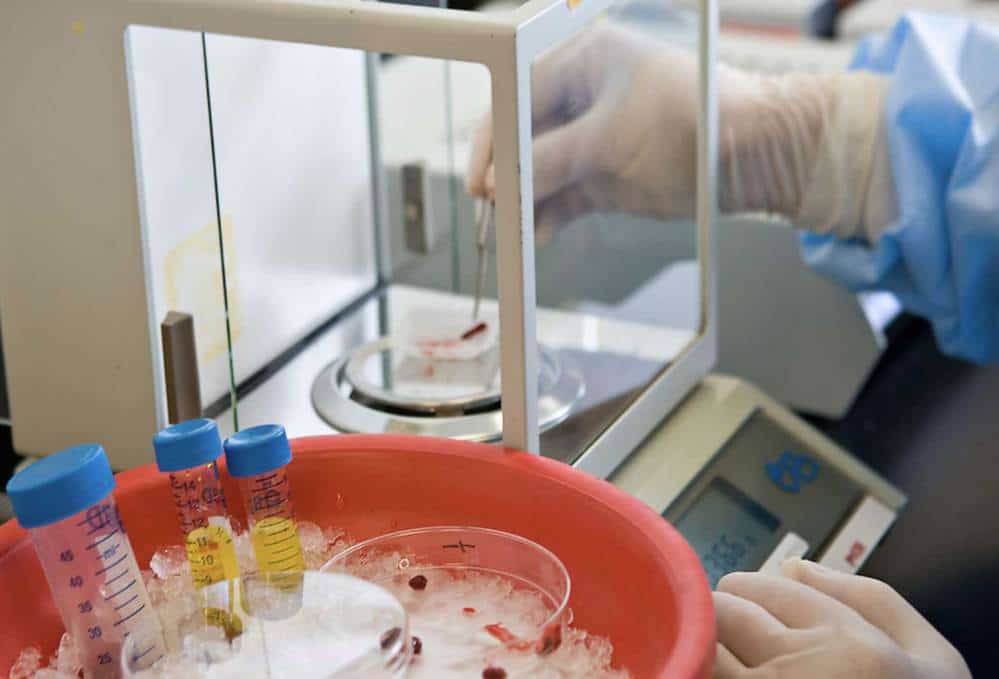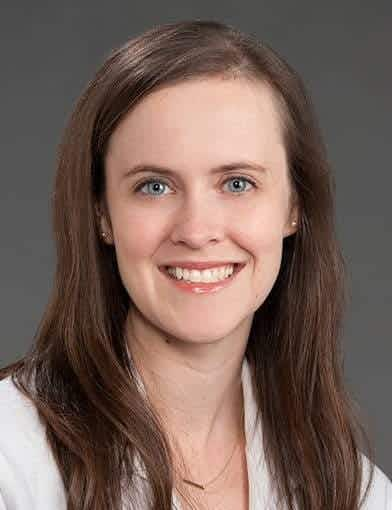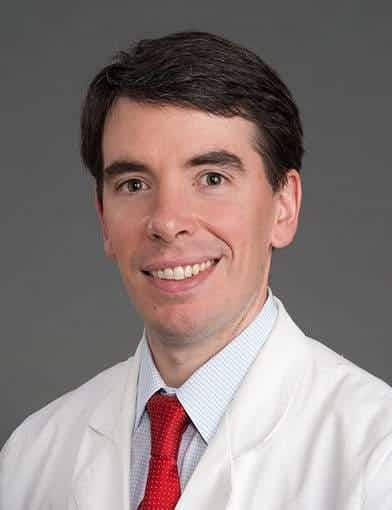Journey Into the Heart of Medicine
Making the Rounds: An Insider’s Guide to Becoming a Doctor
Always wanted to be a doctor or pursue pre-med? Wake Forest’s online course is designed for high school students. You’ll get an inside look at how physicians manage patient care from ambulance to ER to aftercare. Teaching the course are Wake Forest School of Medicine professors Dr. Lindsay Strowd and Dr. Roy Strowd. Through immersive simulations, videos and course assignments, you’ll study the anatomy of the heart, what triggers a heart attack and how a treatment team works.

Topics Covered:
How You Will Benefit:
- Get an insider’s tour of a working hospital.
- Learn how all departments work together — from patient intake to testing, treatment and post-hospital follow-up care.
- Gain insights into the many types of academic, scientific and practical training required of different healthcare professions.
- Understand whether or not a future in medicine is a fit for you.
- Demonstrate what you’ve learned in a final Capstone project.
- Earn a Certificate of Completion from Wake Forest University.

Apply Now for the Next Available Course
Hear from our students
Christina Z., medicine student from WA"I would definitely recommend this program because it's supportive, easy to follow, and informative. It was easy to balance the workload with other commitments, especially with the support of the incredible mentors."
Hannah O., medicine student from FL"This course answered so many questions I had about different occupations in the medical field! It did a great job of exposing students to medical equipment, different medical conditions, healthcare issues, and the daily responsibilities of different healthcare workers."
3 Learning Advantages Designed for You
Final Capstone Project
All online immersion courses culminate in a special Capstone project that allows you to:
- Demonstrate what you've learned in a presentation
- Choose one of three topics showing what you've learned about healthcare from the patient journey
- Use any media you prefer— text, video, photography, PowerPoint
Mentoring
You’ll receive personal guidance from a mentor who can support you and answer questions as you deepen your learning experience. You can expect:
- Encouragement and direction on all assignments
- Inspiration, motivation and confidence to help you succeed
- Brainstorming and ideation help as you prepare for your final Capstone project
Flexible Learning
- 100% online, works with your schedule
- You’ll learn through engaging video— tune in anytime that works for you
- 30 hours of total instruction and course work, including engaging multimedia simulations and curated assignments for which you will receive guidance and support
- Engage with fellow students around the world any time, any place
Meet Your Online Immersion Faculty Members

Dr. Lindsay Strowd, Assistant Professor, Dermatology, Wake Forest School of Medicine
Dr. Lindsay Strowd got her MD from Wake Forest School of Medicine and did her residency in dermatology at The North Carolina Baptist Hospital. She is board certified and works as part of the team at the Wake Forest Comprehensive Cancer Center. Her research has been published in leading scientific journals.

Dr. Roy Strowd, Assistant Professor, Neurology, Wake Forest School of Medicine
Dr. Roy Strowd got his MD from Wake Forest School of Medicine and completed his residency in Neurology at North Carolina Baptist Hospital. He is board certified by the American Board of Psychiatry and Neurology. He has done extensive research on topics such as: Glioblastoma, Brain and Peripheral Nervous System Tumors, Chemotherapy-Induced Peripheral Neuropathy, and his work can be seen in a host of leading medical journals.
Meet The Mentors
Callie
Wake Forest University graduate with a BS in Biochemistry and Molecular Biology with Honors and Distinction for Leadership in Research and currently a medical student at the Wake Forest School of Medicine. She acquired clinical experience in the medical field through a broad range of shadowing positions, and as an emergency medical technician.

Daniela
Wake Forest University undergraduate majoring in Biology and minoring in Chemistry and Studio Art. She volunteers at the Community Care Clinic as a translator and tutor in math, is a leader in STEM inclusion, and is an AHEC scholar. She's participated in cancer biology research, specifically on ovarian and bladder cancer. Jordan also participated in the URECA research fellowship and became published.

Hannah
Wake Forest University undergraduate majoring in Sociology on the Pre-Medicine track. She serves as a student researcher examining the impact of the Opioid Crisis on physicians' ethical decision-making processes.
How to Apply:

It’s easy. No transcripts or letters of recommendation are required. Just provide some basic information and tell us why you wish to take this program.
NOTE: please submit all application materials in English.
Begin the guided process. It should take only a few minutes of your time to answer the questions.
Begin the guided processWant to know more?
Sign up for more information and we’ll be in touch.
Frequently Asked Questions
How will you be graded? What are assignments like? How much time do you get to turn around a project? When do you find out if you’re accepted?
Answers to your questions hereScholarships
We offer need-based scholarships for participating students who exhibit high potential and an inability to pay the full tuition.
- If you haven’t applied to the program, apply here. After submitting your application, click “Apply for a need-based scholarship” on the confirmation page to request a scholarship.
- If you’ve already applied to the program, sign in to your profile to check your scholarship status. If we don’t have a scholarship request on file, click “Apply for a need-based scholarship” to request a scholarship.
The University reserves the right to modify the course as may become necessary.